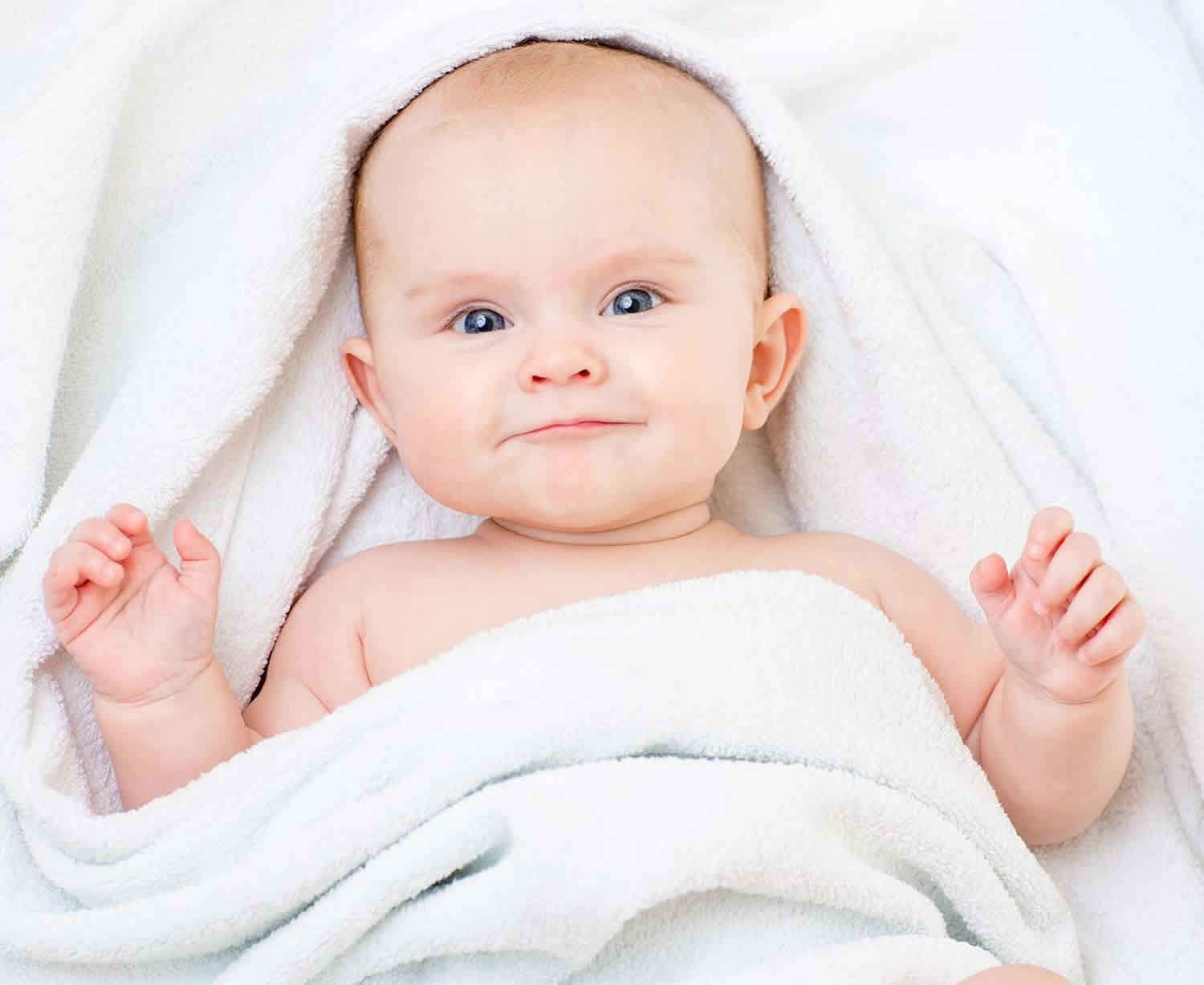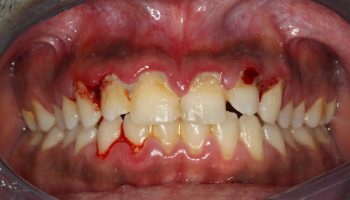Baby head banging
Head banging is a behavior where children repeatedly hit their heads against their mattress, pillow, crib, headboard, or even wall, can be upsetting for parents to see. Many children rock on all fours, bang their heads on the bed or roll from side to side as they fall asleep. Surprisingly, the seemingly painful bedtime and naptime habit may actually help children fall asleep. In most cases, occasional head banging is a form of self-stimulation, self-comfort, or a way to release frustration. It’s not a sign of another problem. If your child is otherwise healthy, it’s likely not something you should stress about.
Sometimes children rock, roll and bang their heads more if they’re experiencing some anxiety or stress during the day. But rocking, banging or rolling doesn’t mean your child has an emotional problem.
Babies may start banging their heads around 6 months of age, and the behavior can last into childhood, though most children drop the habit by age 5. Babies typically either lie face down or sit upright while banging their heads, and they may also rock their body back and forth at the same time. Episodes of head banging can last as long as 15 minutes, during which children may hit their head every one to two seconds.
Your child might:
- get on all fours and rock back and forth, hitting her forehead on the headboard or edges of the cot
- sit in bed and bang her head backwards against the headboard
- lie face down and bang her head and chest into the pillow or mattress
- lie on her back and move her head or body from side to side
- make noises while she’s rocking.
While head banging is common and usually nothing to worry about, in some kids it can be part of a developmental problem. A child who is head banging often, particularly if there’s a question of developmental delay or abnormal social interactions, should be seen by a doctor.
If the noisy habit is disrupting the rest of your household, you could try moving your baby’s crib away from the wall and other hard surfaces. You can help by dealing with whatever is causing his or her emotional upset and protecting your son from injury as much as possible. Try not to make a big deal about the head banging or scold him for this behavior.
Otherwise, there isn’t much that parents can do to discourage the behavior. Although you may want to cushion the blows with pillows, you should avoid this since placing soft objects or blankets in the crib can increase a baby’s risk of Sudden Infant Death Syndrome (SIDS).
Fortunately, children usually grow out of the behavior by kindergarten without any need for intervention. If you’re worried that the head banging is injuring your child, however, you should talk to your pediatrician.
When to get help for rocking, rolling and banging:
If this behavior happens a lot through the night and your child also snores, it’s a good idea to talk with your doctor. The doctor will check for things that might be disturbing your child’s sleep, like obstructive sleep apnea.
For some children, body-rocking and head-banging can be particularly intense. This includes children with developmental delay, autism spectrum disorder or blindness. These children are also more likely to rock or bang during the day. For these children, the rocking and banging can be harmful.
If you’re really worried about your child’s rocking or about other areas in your child’s development, talk to your child’s doctor or child and family health nurse. It’s a good idea to take a video of the behavior to show the doctor or nurse.
Why does a baby bang his head?
Children often bang their heads just before going to sleep as well as during middle-of-the-night awakenings. It’s common and normal to see young children body-rocking, head-rolling and head-banging at bedtime or during the night. They do it because it’s rhythmic, and it comforts and soothes them. Although the behavior looks anything but calming, it’s thought that the repetitive movement soothes babies and actually helps them nod off.
Body-rocking often starts around six months of age. Head-rolling and head-banging usually start at around nine months of age. Most children stop this behaviour by five years, but occasionally it keeps going after this.
Children usually grow out of this behavior by their fifth birthdays.
Head banging in babies treatment
Simple tips to handle body-rocking, head-rolling and head-banging at bedtime
If your child is developing well in all other ways, you might decide to put up with the body-rocking, head-rolling or head-banging. This behavior will eventually go away.
Here are some other ideas that might help:
- Think about how long your child is spending in bed before falling asleep. Too much time awake in bed might result in head-banging and body-rocking.
- Try to pay no attention to the behavior. Your child might behave this way more if he sees it’s a good way to get your attention or get you to come into the bedroom (even if it’s only to tell him to stop).
- If your child is in a bed, remove bedside tables or other hard surfaces, and move the bed well away from walls. This will help to stop bruising or thickening of your child’s skin in the spot where she bangs her head.





